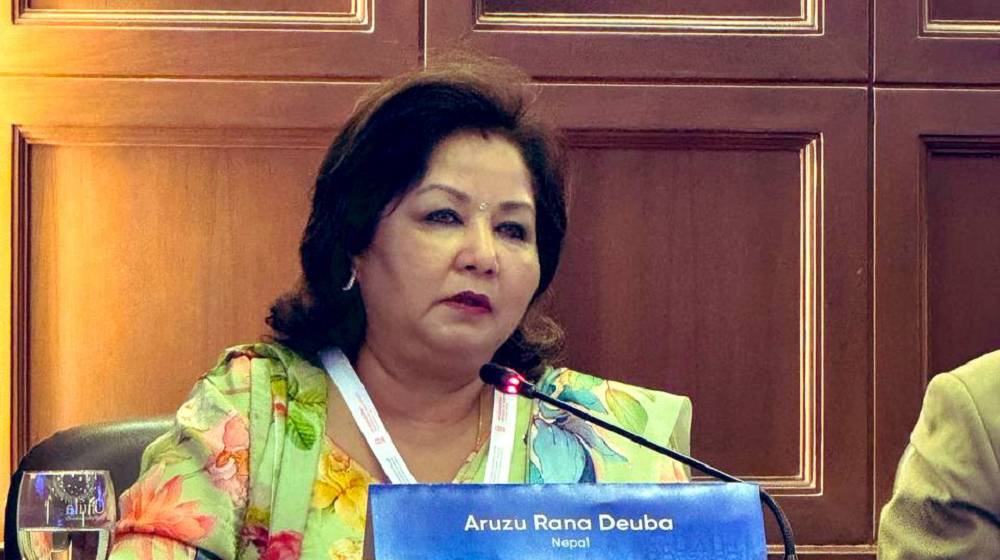Both India and Prime Minister KP Sharma Oli were in a mood to wrap up the unification process of CPN-UML and CPN (Maoist Center) before the start of Indian Prime Minister Narendra Modi’s Nepal visit on May 11 and 12. As India has of late been dragged into a few controversies in Nepal, including, most notably, during the 2015-16 border blockade, New Delhi wanted to preempt the perception that the left unity had its blessings. For his part, PM Oli, who has in the past few years stood firm in his nationalist stand, would naturally want to safeguard the image of the new party from the damaging ‘pro-India’ label. But their desire could be thwarted, primarily because Maoist Chairman Pushpa Kamal Dahal wants ‘credible’ assurances that either he will be the prime minister after two and a half years or he will get to lead the combined left outfit post-merger. Yet it is hard to see what such assurances could be. If Dahal wants Oli to commit, in writing, to relinquishing the prime minister’s chair after some time, Oli could perhaps oblige. But such a commitment will be meaningless if, tomorrow, the rest of the UML leadership is not willing to accept him as their prime minister. Ditto with any assurances on the party’s chairmanship.
This is why Dahal has of late been hinting that he is looking for ‘collective assurances’ from the UML top brass. But with the UML still very divided on Dahal’s role in the new party, such a promise would be hard to get. Alternately, Dahal has proposed that party unification take place on a 50-50 basis, with near equal division of seats between UML and Maoist Center in all important decision-making bodies in the new party. That would make it easier for Dahal to stake a claim on either party leadership or the prime minister’s chair in the future. But then, a 50-50 division of spoils will be unacceptable to UML rank and file.
Interestingly, Dahal is also said to be open to party unification, even in unequal terms, if China is ready to act as a witness to the ‘gentleman’s agreement’ with Oli, whereby Oli commits to giving up one of the two executive posts at a fixed future date. Of course, Dahal cannot expect India, the other big external power in Nepal, to play that role because the Indians no longer trust him much.
Neither Oli nor Dahal can afford to be seen as backing down from the merger promise, which, after all, helped them secure a two-thirds majority in last year’s general and provincial elections. But signs are that it could take some time yet.











